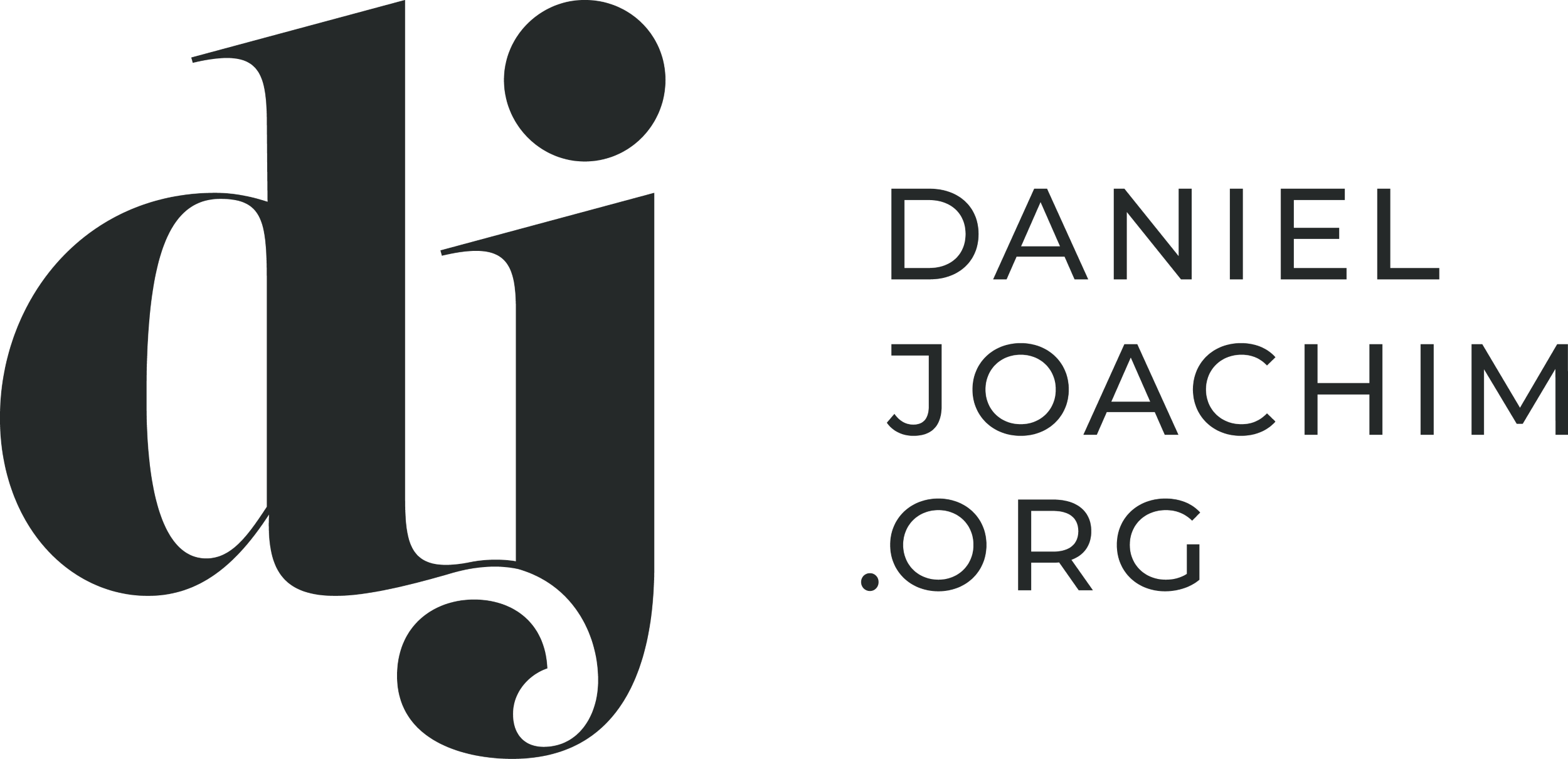get link Dette var vakkert skrevet og godt oppsummert av professor Brad East i denne lesverdige anmeldelsen av David Bentley Harts foreløpige forfatterskap.
enter sitehttps://www.anonpr.net/bp46d41 Best to begin, following Thomas Aquinas, by saying what God is not. God is not the biggest being in the universe, or outside of the universe. God is not a discrete entity, like you or me, or a cloud or an atom or a quark, or (if one can put it this way) the universe itself as a whole. Nor is God the clockmaker, winding up time and matter and letting them run their course on their own.
https://www.psychiccowgirl.com/bxie1n3here God is the eternal and immaterial fullness of being and life that is the condition of there being anything at all. Infinitely rich and inexhaustibly beautiful, God is being itself, and as such, goodness and truth. Singular and simple, God lacks nothing yet, out of boundless and inexplicable love, creates what is other than himself, that which is not God. Distinct from God, what is not God — which is to say, everything: creation — is nevertheless bound to God, dependent at every moment and in every respect. Yet this dependence is not debilitating but enabling. It is the source of power and identity and, for living creatures, agency and, for rational creatures, freedom. To be is to depend on God for everything, and to acknowledge and celebrate this dependence is to be alive, fully alive, transparent to the source and end and empowering life that fills and moves all living things.
https://audiopronews.com/headlines/8qqu4u72vwOrder Clonazepam For Sleep Hart describes this view as “entirely and ecstatically derivative: pure ‘classical theism,’ as found in the Cappadocians, Augustine, Denys, Thomas Aquinas, Ibn Sina, Mulla Sadra, Ibn Arabi, Shankara, Ramanuja, Philo, Moses Maimonides … well, basically, just about every significant theistic philosopher in human history.”
https://townofosceola.com/wefpjz8iv
follow site Les også: follow link Hva er thomisme? https://mhco.ca/yhvltmzv Hva er Gud? enter site Gud og andre diktatorer – hvem ønsker vel ikke å være ateist?
https://musicboxcle.com/2025/04/db3c4lanyef
